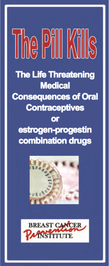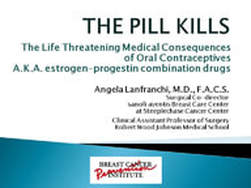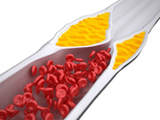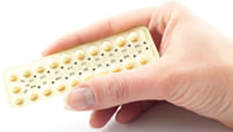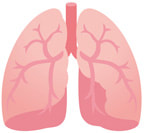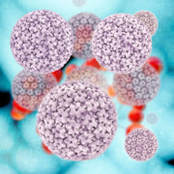NEWS UPDATES | FACT SHEETS | BROCHURES | BOOKS | PUBLICATIONS | VIDEOS | FILMS | REPORTS
Click links above to view any of the BCPI resource pages
Click links above to view any of the BCPI resource pages
The Pill Kills - Updated Version
|
